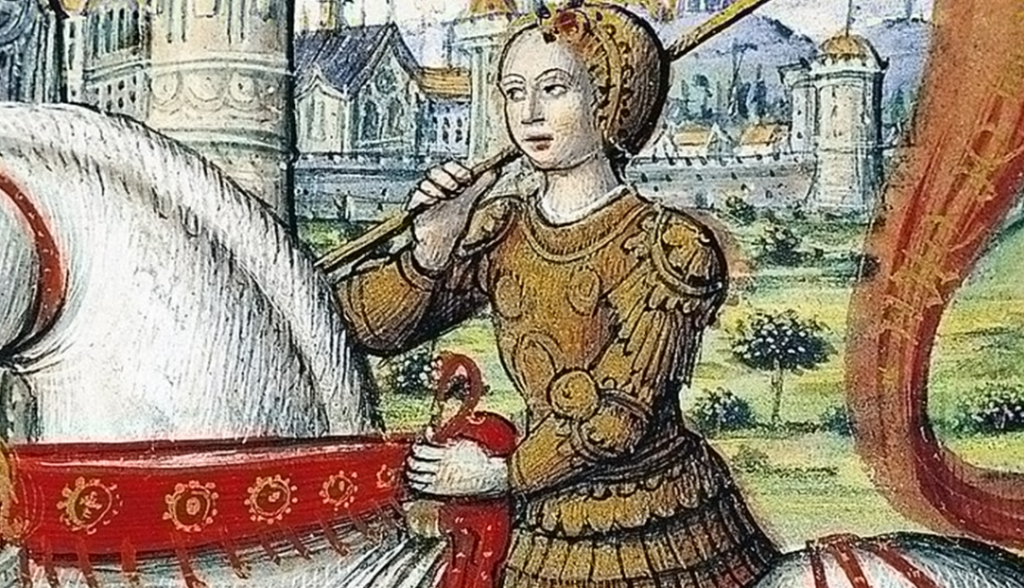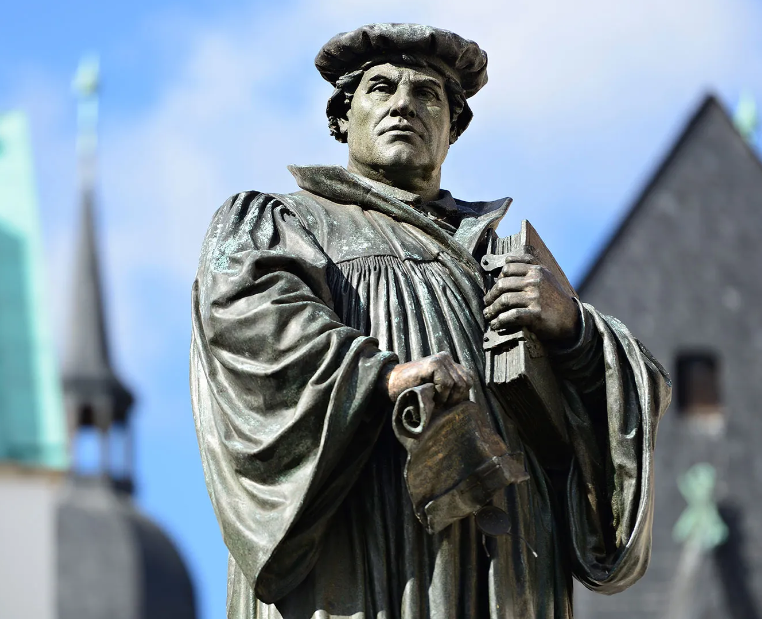Mahatma Gandhi is one of the most well-known figures in Indian history. He is revered as the India National Hero and is known for his nonviolent resistance and civil disobedience movements that helped India gain independence from British colonial rule. In this article, we will explore the life and legacy of Mahatma Gandhi, his impact on India and the world, and the reasons why he is considered a national hero.
Early Life and Education
Mohandas Karamchand Gandhi was born on October 2, 1869, in Porbandar, a coastal town in present-day Gujarat, India. His father was a government official and his mother was deeply religious. As a child, Gandhi was shy and introverted, but also showed a deep sense of justice and compassion.
Gandhi was educated in India and went on to study law in London, England. During this time, he was exposed to Western ideas and values, but he also became aware of the discrimination and racism faced by Indians in British colonies.
Journey to South Africa
In 1893, Gandhi moved to South Africa to work as a lawyer. During his time there, he experienced firsthand the racial discrimination faced by Indians and other non-whites. This experience led Gandhi to become an activist and to fight for the rights of Indians in South Africa.
Gandhi organized campaigns and protests against the discriminatory laws and policies of the South African government. He also developed his philosophy of nonviolent resistance, which he called Satyagraha.
Nonviolent Resistance in India
In 1915, Gandhi returned to India and became involved in the Indian independence movement. He used his philosophy of nonviolent resistance to organize campaigns and protests against British colonial rule.
Gandhi’s campaigns and protests were based on civil disobedience, which involved breaking unjust laws and accepting the consequences. This approach was successful in gaining public support and in putting pressure on the British government to make changes.
Salt Satyagraha and Quit India Movement
One of the most famous campaigns organized by Gandhi was the Salt Satyagraha in 1930. This campaign involved the production and sale of salt, which was a British monopoly. Gandhi and his followers marched to the coast and made their own salt, breaking the law and challenging British authority.
In 1942, Gandhi organized the Quit India Movement, which was a call for the British to leave India. This campaign involved mass protests and strikes, and was one of the final steps towards Indian independence.
Role in Indian Independence
Gandhi played a crucial role in the Indian independence movement. His philosophy of nonviolent resistance inspired millions of Indians to fight for their rights and for independence from British colonial rule.
Gandhi’s leadership and influence helped India gain independence in 1947, after almost a century of British rule. He is widely regarded as the father of the nation and is celebrated as a national hero in India.
Assassination and Legacy
Sadly, Gandhi’s life was cut short when he was assassinated on January 30, 1948, by a Hindu nationalist who opposed his vision of a united, secular India. Gandhi’s death was a shock to the nation and the world, but his legacy has continued to inspire generations of people to fight for justice and freedom.
Philosophy of the India National Hero
At the core of Gandhi’s philosophy was the belief in nonviolence and truth. He believed that violence only begets more violence, and that the only way to create lasting change was through peaceful means.
Gandhi also believed in the power of individual action and personal responsibility. He encouraged people to take responsibility for their own actions and to live a simple, honest life.
Influence on Global Civil Rights Movements
Gandhi’s philosophy of nonviolent resistance has had a profound impact on civil rights movements around the world. His ideas and methods have inspired leaders such as Martin Luther King Jr. in the United States, Nelson Mandela in South Africa, and Aung San Suu Kyi in Myanmar.
Criticisms of Mahatma Gandhi
Despite his many accomplishments, Gandhi has also been criticized for some of his beliefs and actions. Some have accused him of being too passive in the face of injustice, and others have criticized his views on caste and gender.
However, it is important to recognize that Gandhi was a product of his time and place, and that his beliefs and actions were shaped by the context in which he lived.
Honors and Awards
Gandhi received numerous honors and awards during his lifetime, including a Nobel Peace Prize nomination and the title of Mahatma, which means “great soul.”
India National Hero and Today’s India
Gandhi’s legacy continues to be felt in India today, where he is revered as a national hero and a symbol of the country’s struggle for independence.
His philosophy of nonviolent resistance has inspired social and political movements in India and around the world, and his emphasis on simplicity, self-reliance, and personal responsibility continues to be relevant today.
Mahatma Gandhi’s Relevance in Today’s World
In today’s world, where violence and conflict are still rampant, Gandhi’s philosophy of nonviolence and truth remains as relevant as ever.
His ideas have been applied in numerous contexts, from environmental activism to conflict resolution, and his message of peace and justice continues to inspire people around the world.
Conclusion
Mahatma Gandhi was a remarkable figure who dedicated his life to fighting for justice and freedom. His philosophy of nonviolent resistance and his emphasis on personal responsibility and truth have inspired generations of people to work towards a better world.
Despite the criticisms and challenges he faced during his lifetime, Gandhi’s legacy continues to be celebrated and revered around the world. He truly was India’s national hero.
FAQs
- What does the name “Mahatma” mean?
Mahatma means “great soul” in Hindi.
- What was Gandhi’s philosophy?
Gandhi’s philosophy was based on nonviolence and truth, and he believed in the power of individual action and personal responsibility.
- What was the Salt Satyagraha?
The Salt Satyagraha was a campaign organized by Gandhi in 1930 to protest against the British monopoly on salt production and sale in India.
- What was the Quit India Movement?
The Quit India Movement was a campaign organized by Gandhi in 1942 to demand the British to leave India.
- What is Gandhi’s legacy?
Gandhi’s legacy is his philosophy of nonviolent resistance and his emphasis on personal responsibility and truth, which have inspired social and political movements
References
- “Mahatma Gandhi.” Encyclopædia Britannica. Accessed April 11, 2023. https://www.britannica.com/biography/Mahatma-Gandhi.
- “Mahatma Gandhi: The Father of India.” National Geographic. Accessed April 11, 2023. https://www.nationalgeographic.com/history/article/mahatma-gandhi-the-father-of-india.
- “Mahatma Gandhi Biography.” Biography.com. Accessed April 11, 2023. https://www.biography.com/political-figure/mahatma-gandhi.

